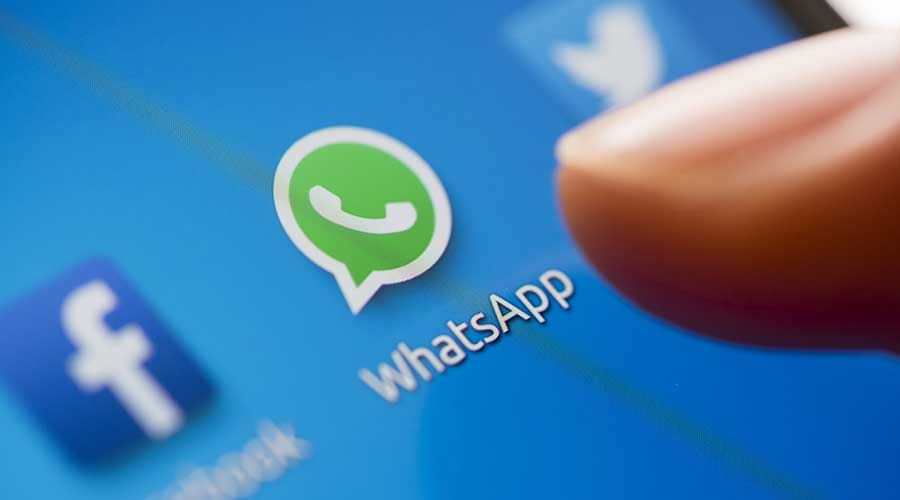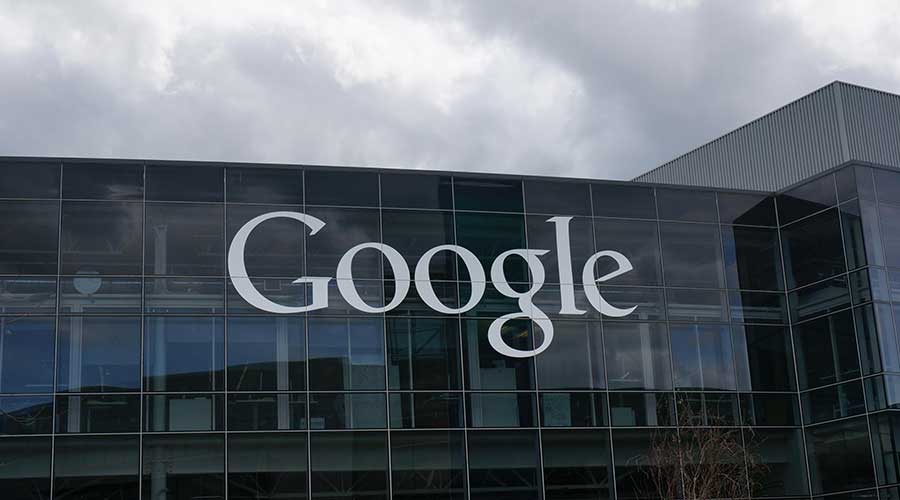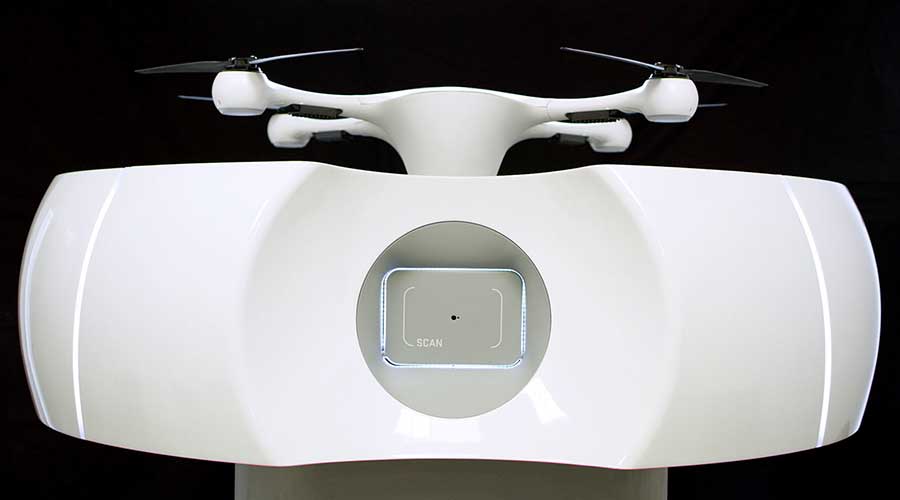MICROSOFT TEAMS NOW LETS SMALL BUSINESSES CHARGE FOR WEBINARS AND MORE
- 23 Mar - 29 Mar, 2024

Saudi Arabia finally lifts a year-long ban on Skype and other messaging apps like WhatsApp and Snapchat. According to a statement from Saudi Arabia’s telecommunications authority posted on Twitter, any voice and video apps that meet the rules will be allowed.
In the context of Saudi’s current economy, the ban lift makes sense. As oil prices plummet, Saudi Arabia is looking to the internet for more sources of revenue. In August, honesty app Sarahah, launched by a Saudi developer Zain al-Abidin Tawfiq, topped the most downloaded free apps, charts on App Store and Play Store. Other similar startups are also drawing the attention of venture capitalists.

Google has that it plans to acquire part of HTC’s mobile division team for $1.1 billion. “These future fellow Googlers are amazing folks we’ve already been working with closely on the Pixel smartphone line, and we're excited to see what we can do together as one team,” Rick Osterloh, Google’s hardware boss, wrote in a blog post. “The deal also includes a non-exclusive license for HTC intellectual property.”
HTC will continue onward with its own smartphone business even after sending a good portion of its talent and operations over to Google. HTC CEO Cher Wang said that this agreement will “ensure continued innovation within our HTC smartphone and Vive virtual reality business.” In fact, HTC’s press release reveals that the company is already “actively preparing” for its next flagship smartphone.
This is the second time that Google has made a big purchase involving a smartphone manufacturer. Six years ago, Google announced a $12.5 billion buyout of Motorola Mobility.

Logistics company Matternet has announced a permanent autonomous drone network in Switzerland that will now see lab samples like blood tests and other diagnostics flown between hospital facilities, clinics, and labs. The first delivery network will be operational from October, with several more to be introduced next year. The company claims medical items can be delivered to hospitals within 30 minutes.
The company unveiled a Matternet Station; a kind of white, futuristic looking postbox with a footprint measuring about two square meters, that can be installed on rooftops or on the ground to send and receive packages by drone. The drone network is part of a partnership with Swiss Post, and is significant because it’s the first operational drone network flying in dense urban areas that’s not a pilot run or in testing.
COMMENTS